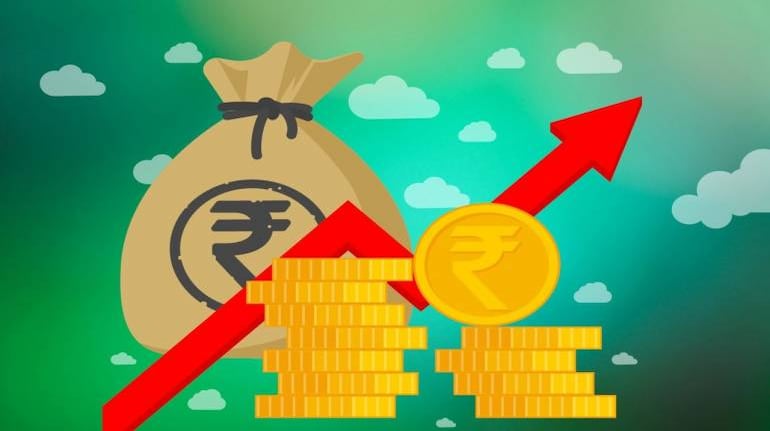More importantly, a risk-on strategy emerged in the global equity markets triggered by the highest ever Quantitative Easing by the Fed and record fiscal stimulus by the US government.
Vinod Nair
FIIs' net portfolio buying in India reached a new high of Rs 31,400 crore for this month as on August 17, exceeding Rs 23,300 crore of investment made in June this year. (Source: SEBI). The highest monthly inflow during the last 5 years was Rs 33,800 crore in March 2017. FII investment is steadily increasing.
Why are FIIs so bullish on India? That too at a time when the economy is at a new low and market valuations are high? Well, this surge in FII investment started with RIL announcing big investments by key global technology players and institutional investors. Post the first deal in March, they continued to announce more deals and investments.
More importantly, a risk-on strategy emerged in the global equity markets triggered by the highest ever-Quantitative Easing by the US Fed and record fiscal stimulus by the US government. A part of this liquidity went to emerging markets, like India.
In the initial 3 months when FIIs started investing in Asian and emerging markets, India was underperforming because of concern over how a poor country with a huge population and weak health infrastructure will manage the pandemic. At the same time government ordered a tough lockdown leading to stagnation of economic activity.
Along with the risk-on global equity markets, the measures announced by the government and monetary stimulus by the RBI, instilled confidence. Good handling of the crisis and staggered re-opening of the economy brought confidence to foreign, domestic and retail investors.
FIIs' interest in India continues despite the premium market valuation. This is aided by hopes emanating from the upcoming festival season, further re-opening of the economy and the government's plans for a second COVID fiscal stimulus. The last COVID fiscal measures were focused on bringing relief to the poor sections of the population, handling the emergency situation and meeting the essential needs of the masses.
This time the expectation is that this measure will address the issues being faced by the corporate sector and the heavily impacted segments of the economy and business. The focus will be to increase productivity of the economy. More measures are also expected to attract foreign and domestic corporates to invest more in India and to augment India's manufacturing capacity in pursuit of 'Make for World' agenda.
FDI inflows to India were flattish in FY18 & FY19 at $45 billion. This trend has improved in FY20 to $50 billion in spite of COVID. We expect this trend to improve much better in future due to attractive corporate tax (amongst the lowest in the world), incentive to set up best manufacturing capacity in India to meet domestic and export demand (example, PLI scheme) and eagerness of countries and corporates to diversify away from China to other resourceful emerging countries like India.
Recent reforms like the opening of coal & mining sector, import substitution vis-à-vis China and measures to incentivize domestic manufacturing for defense are expected to help the domestic economy.
This time FIIs have invested in mid & small-caps too thereby broadening the market rally. Three months back the investment was defensive with focus on sectors like Pharma, IT, FMCG and stock-based approach. This trend has changed and is likely to continue supported by heavy buying by FIIs.
Based on the current situation and reforms, mid & small-caps in sectors like chemical, paper, packaging and IT should be considered due to improvement in domestic demand and the theme of 'Make for World'. At the same time, it is fair to expect some consolidation in stock prices since fundamentals do not support the present valuation of the market. Moreover, uncertainties regarding the impact of the pandemic on the global economy and prospects of a strong revival continue to be areas of concern to investors.
The author is Head of Research at Geojit Financial Services.
Disclaimer: The views and investment tips expressed by investment expert on Moneycontrol.com are his own and not that of the website or its management. Moneycontrol.com advises users to check with certified experts before taking any investment decisions.








